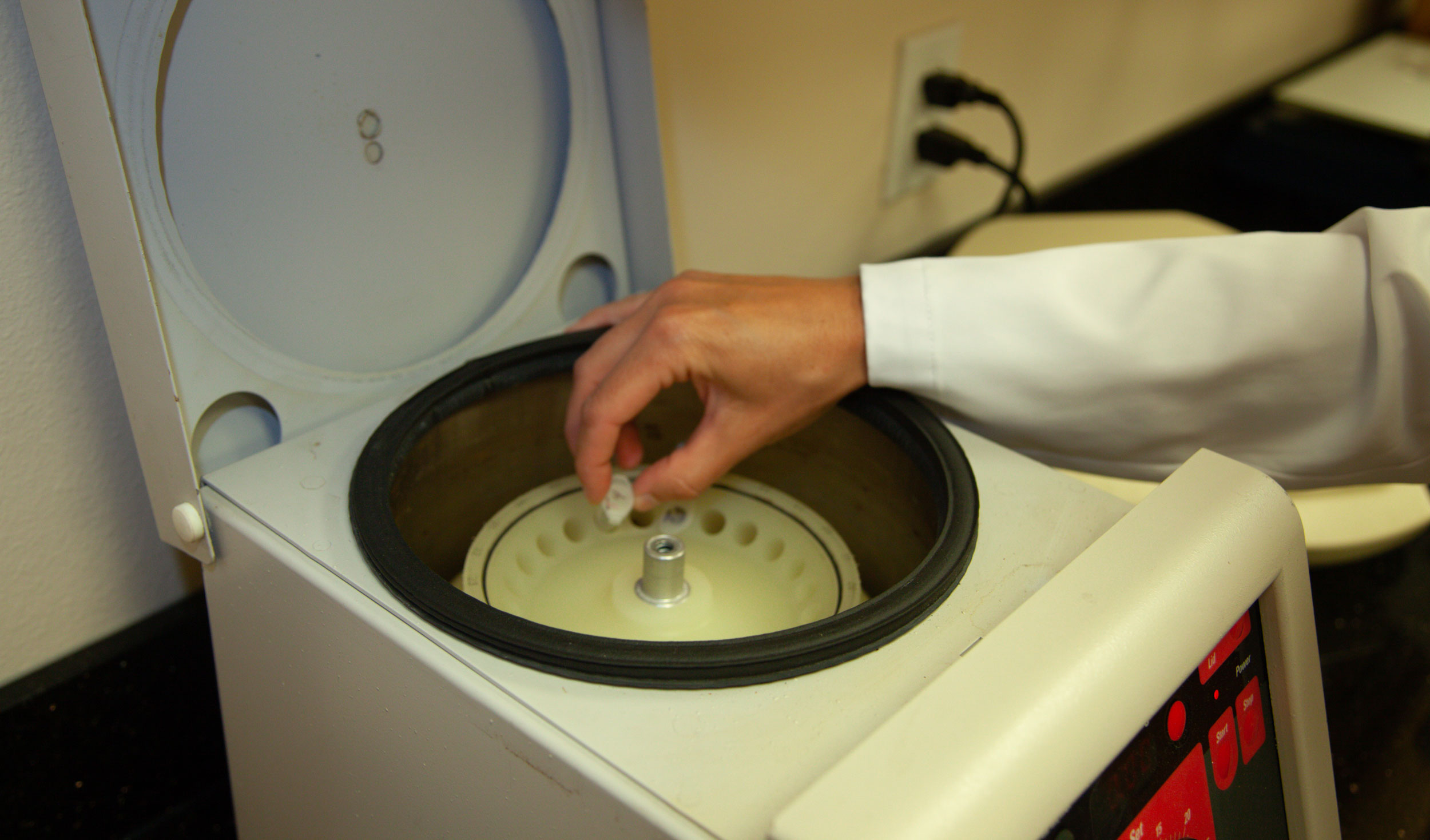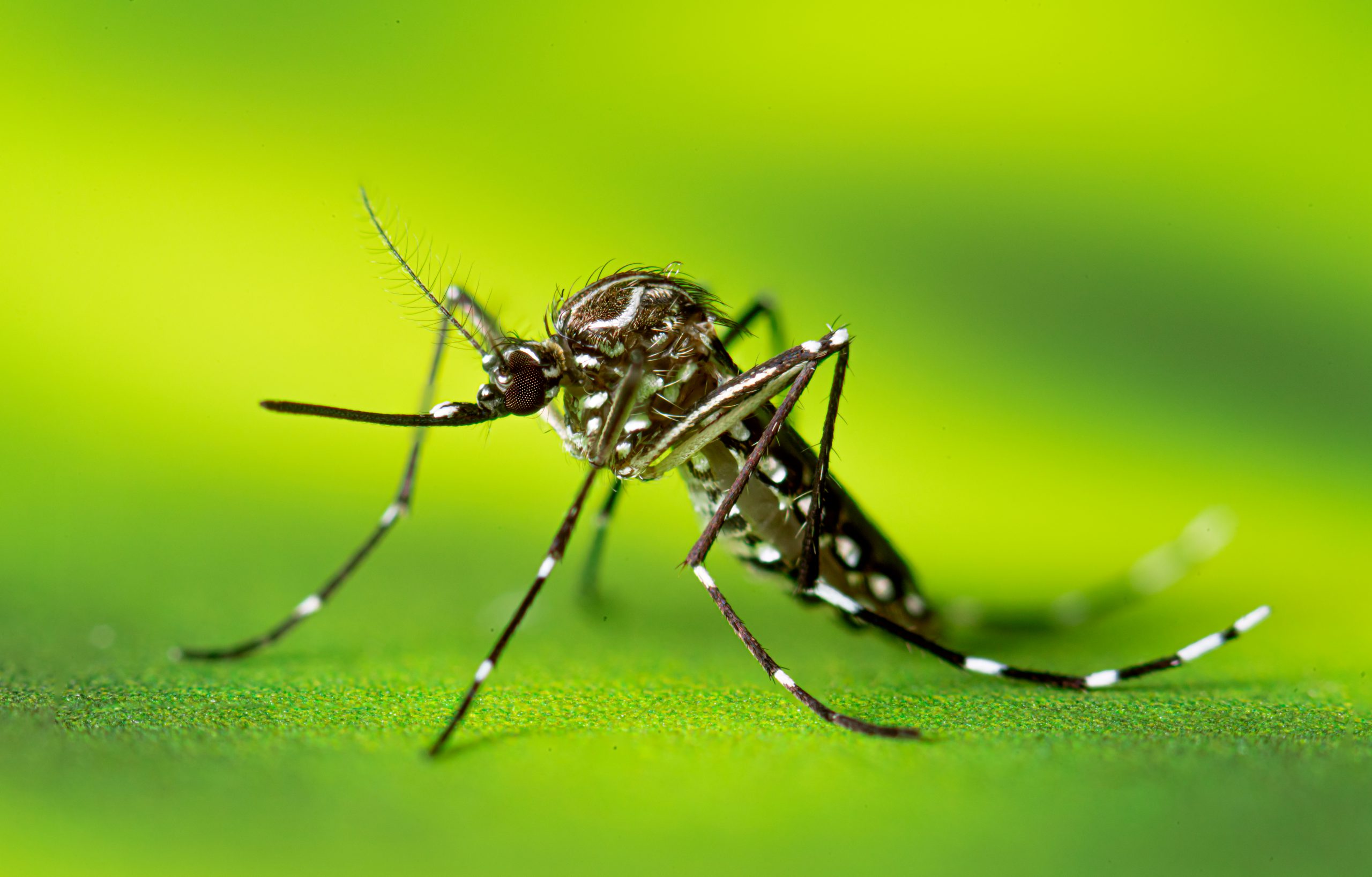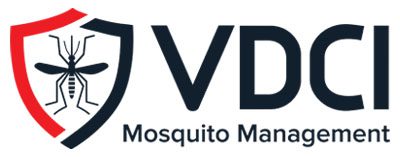Your Partner In Government Mosquito Management
Based on the spread of Zika virus in 2016, many municipalities are revisiting how they prepare for the 2017 mosquito season.
We previously provided an overview on why Aedes aegypti is a species that is challenging the mosquito control industry. Because of these challenges, mosquito management experts continue to explore new methodologies to manage Aedes aegypti populations, with the goal always being to protect public health by providing the best solutions to the unique needs of communities.
Understanding If A Threat Exists: Surveillance, Monitoring, and Disease Testing
As discussed in our recent blog, surveillance and monitoring of Aedes aegypti require specialized trapping methods, and there are some proven models as well as novel trap designs that provide great insight into the presence and population density of a species within a given area. The discovery of Aedes aegypti in a community does not mean Zika is soon to follow. After identifying captured mosquitoes, the next step should be to conduct disease testing to determine if a threat exists within the community.

A Potential Threat Is Discovered – What Happens Now?
If it is determined that a threat of Zika virus transmission exists, either due to a locally transmitted human case or a trap producing a positive test for Zika virus, mosquito management experts will take appropriate steps to aid in the management of the target species in order to protect public health. The best course of action is to evaluate the threat based upon mosquito density, larval habitat availability, and even local human customs and behaviors.
The levels of complexity involved in controlling this unique species reinforces the need for experienced professionals. Not all mosquitoes or the vector-borne diseases they carry are the same, and we must consider many factors before providing an action plan.

As mentioned in previous blogs, the Aedes aegypti species is particularly difficult to control due to its breeding preferences and day-time activity. For decades, the specific behavior of this species has impacted how mosquito management professionals have approached controlling this threat to public health. In the past, labor intensive strategies such as door-to-door inspections and education have been the primary method used to combat Aedes aegypti. While these methods certainly still have a place in today’s efforts to control Aedes aegypti, mosquito management experts are especially focused on the novel approaches to control this species. Specifically, newly developed delivery methods of biorational larvicides, such as the naturally occurring soil bacteria Bacillus thuringiensis isrealensis (Bti), a proven larvicide, is a great example of such a novel approach.
Biorational larvicides are utilized to kill the mosquito larvae before they can become adults and spread human pathogens. Historically, the application of Bti was generally site specific, making it labor intensive to control Aedes aegypti breeding in small, artificial containers. However, new product formulations and application technology have made the wide area application of the bacteria possible. In these new formulations, the bacteria is dissolved in water and can reach small containers in backyards or behind commercial buildings to kill mosquito larvae, without an effect on other aquatic organisms. VDCI’s ground-based equipment has the ability to provide this innovative application that allows us to cover more area and do it in less time. Of course, this new application method is just one weapon in our mosquito management arsenal to prevent or manage Zika virus outbreaks, but represents a significant advancement in the ability to control the population of Aedes aegypti in a given community.
Contact Us to Learn More About Effective Mosquito Management Strategies:
 Since 1992, Vector Disease Control International (VDCI) has taken pride in providing municipalities, mosquito abatement districts, industrial sites, planned communities, homeowners associations, and golf courses with the tools they need to run effective mosquito control programs. We are determined to protect the public health of the communities in which we operate. Our mosquito control professionals have over 100 years of combined experience in the field of public health, specifically vector disease control. We strive to provide the most effective and scientifically sound mosquito surveillance and control programs possible based on an Integrated Mosquito Management approach recommended by the American Mosquito Control Association (AMCA) and Centers for Disease Control and Prevention (CDC). VDCI is the only company in the country that can manage all aspects of an integrated mosquito management program, from surveillance to disease testing to aerial application in emergency situations.
Since 1992, Vector Disease Control International (VDCI) has taken pride in providing municipalities, mosquito abatement districts, industrial sites, planned communities, homeowners associations, and golf courses with the tools they need to run effective mosquito control programs. We are determined to protect the public health of the communities in which we operate. Our mosquito control professionals have over 100 years of combined experience in the field of public health, specifically vector disease control. We strive to provide the most effective and scientifically sound mosquito surveillance and control programs possible based on an Integrated Mosquito Management approach recommended by the American Mosquito Control Association (AMCA) and Centers for Disease Control and Prevention (CDC). VDCI is the only company in the country that can manage all aspects of an integrated mosquito management program, from surveillance to disease testing to aerial application in emergency situations.

